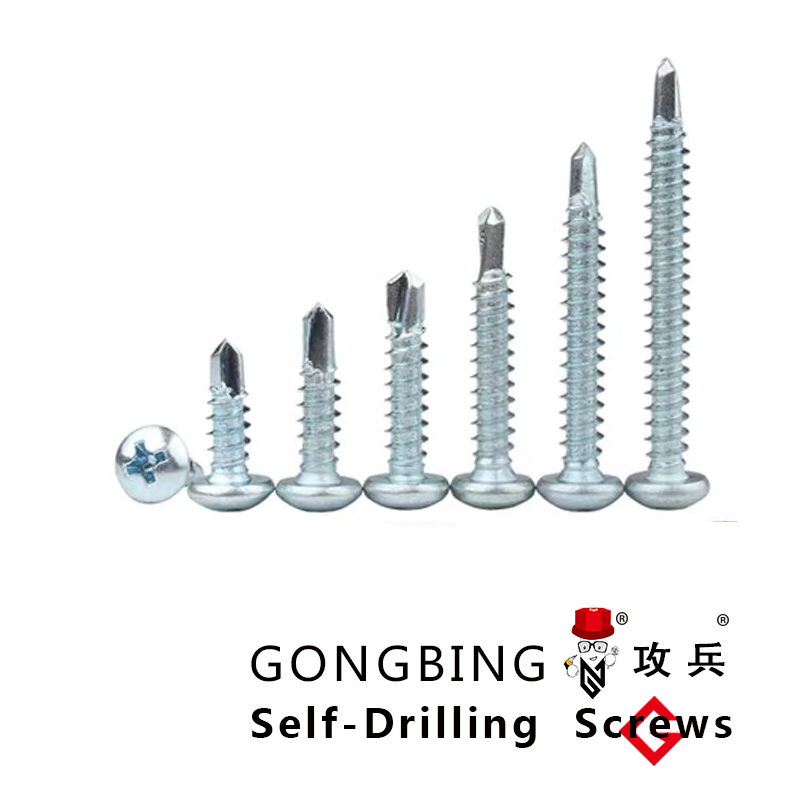types of foundation bolts
Types of Foundation Bolts A Comprehensive Overview
Foundation bolts are essential components used in construction,particularly for securing structures to their foundations. These bolts provide stability and strength to a variety of constructions, from towering skyscrapers to wind turbines. Understanding the different types of foundation bolts is crucial for engineers, builders, and architects to ensure that their projects meet safety and performance standards.
1. Anchor Bolts
Anchor bolts are the most common type used in foundation work. They are typically embedded in concrete and serve to hold structural elements, like columns or equipment, securely in place. There are two main types of anchor bolts L-shaped and straight. L-shaped anchor bolts are bent at one end, which helps to better distribute the load while also preventing pull-out. On the other hand, straight anchor bolts are usually used when the attached structure must be able to be adjusted or moved.
2. J-Bolts
J-bolts are shaped like the letter J and are primarily used to anchor structures to concrete slabs. Their distinctive shape allows them to hold materials firmly, especially where vertical support is required. J-bolts are often used in applications such as securing wood frames or metal brackets, and they can be particularly beneficial in building frameworks or securing electrical equipment to foundations.
3. Rod and Plate Anchors
Rod and plate anchors incorporate a threaded rod and a plate. The plate is embedded in concrete, and the rod protrudes to provide a fastening point for structural elements. This design allows for easy adjustment of tension and provides a secure attachment point. These anchors are frequently used in heavy-duty applications, including bridges, cranes, and industrial structures.
types of foundation bolts

4. Expansion Bolts
Expansion bolts function by expanding against the sides of a pre-drilled hole in concrete, offering a secure grip. These bolts can be used in a variety of applications, from light-duty to heavy-duty tasks. The expanding mechanism makes them particularly effective for securing items where changes might need to be made in the future, as they can be easily removed or adjusted.
5. Chemical Anchors
Chemical anchors utilize a bonding agent, usually a type of epoxy, to secure the bolt in place. This method is particularly effective in providing a strong hold in situations where traditional mechanical anchors may not perform well, such as in cracked or weak concrete. Chemical anchors can be used in both indoor and outdoor applications and are advantageous when the installation must be vibration-free or when weather conditions are unpredictable.
6. Sleeve Anchors
Sleeve anchors are designed for use in solid masonry, brick, and concrete. They consist of a metal sleeve that expands when the bolt is tightened. Their versatility makes them suitable for various applications, including securing railings, machinery, or façade panels to concrete surfaces. The expanding mechanism provides a secure hold, making them more reliable than standard bolts in certain situations.
Conclusion
The selection of the appropriate type of foundation bolt is critical in ensuring the structural integrity and safety of any construction project. Factors such as the load requirements, environmental conditions, and the type of materials being secured should all be considered when choosing the right bolt. By understanding the various types of foundation bolts available — from anchor bolts and J-bolts to expansion and chemical anchors — construction professionals can make informed decisions that lead to stronger, safer, and more resilient structures.
-
Weatherproof Plastic Expansion Anchors for OutdoorNewsJun.06,2025
-
Sustainability in the Supply Chain: Eco-Friendly TEK Screws ProductionNewsJun.06,2025
-
Load-Bearing Capacity of External Insulation FixingsNewsJun.06,2025
-
Double Head Bolts: Enhancing Efficiency in Industrial MachineryNewsJun.06,2025
-
Corrosion Resistance in Chipboard Screws: Coatings for Wholesale DurabilityNewsJun.06,2025
-
Butterfly Toggle Bolts : Enhancing Structural ResilienceNewsJun.06,2025
